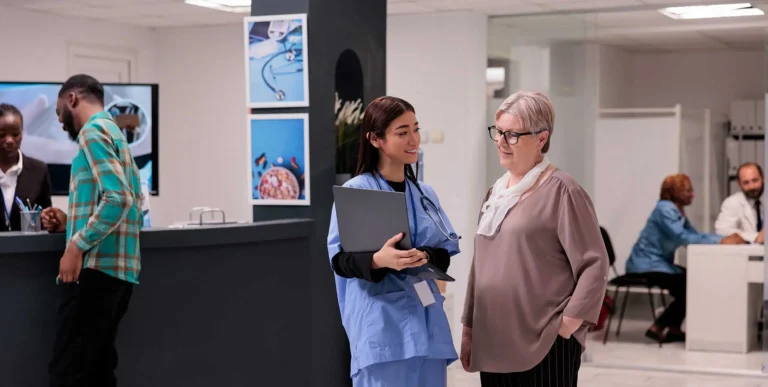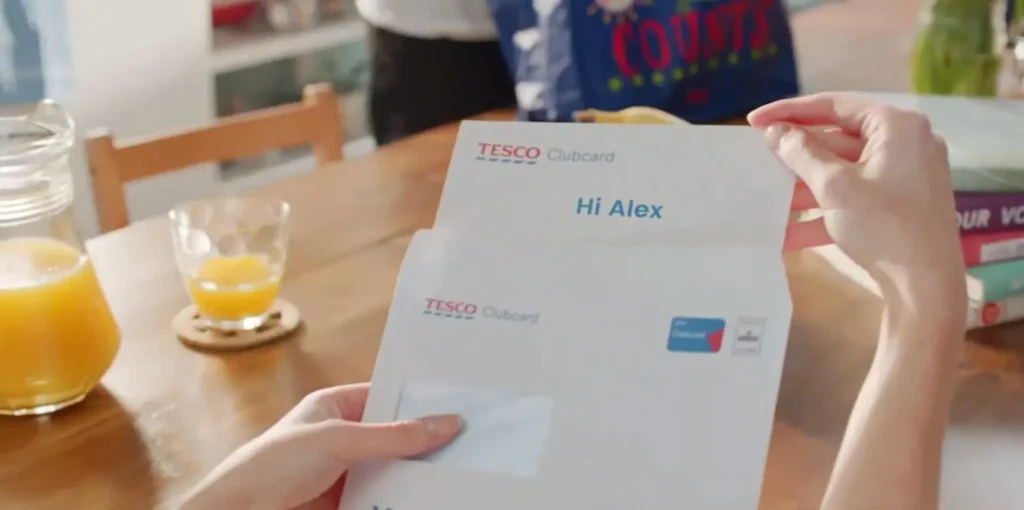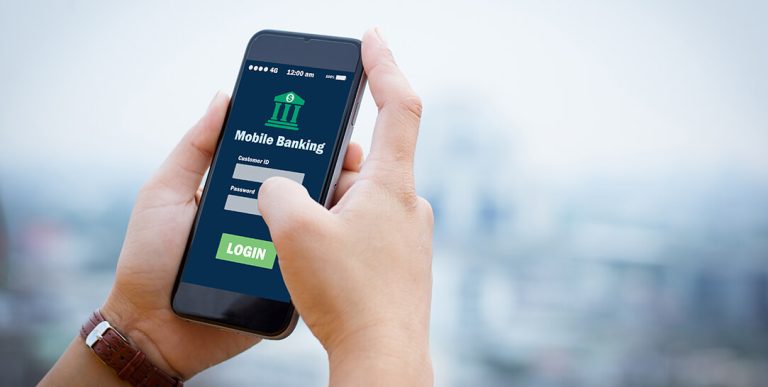In today’s world, healthcare demands a tailored experience. No longer satisfied with a one-size-fits-all approach, patients want every aspect of their healthcare journey — from communications to services — to be aligned with their specific needs and preferences.
In response, healthcare organizations have turned to personalization, an approach that, according to McKinsey, can lead to better experiences, higher quality of care and a reduction in avoidable healthcare costs.
Post on
Yet as health services and records become increasingly digitized, data security has become a major concern for both patients and providers. Patient data is incredibly personal and sensitive, and ensuring its protection is essential for maintaining safety and trust between patients and providers.
Between delivering personalized experiences and safeguarding sensitive data, it’s clear that there’s a delicate balance to strike. How can providers ensure security while delivering tailored experiences to their patients?
Let’s dive into the essential healthcare security requirements to consider when selecting a personalization provider.
What To Consider When Choosing a Personalization Provider
Much like they do in other aspects of their lives, consumers today expect personalized experiences in healthcare.
However, personalization has to be balanced with strong data security measures. Patients trust providers with their most sensitive information, and it’s the responsibility of healthcare providers and personalization providers alike to safeguard this trust.
So what kind of data security standards should you expect from your personalization partners?
Well ISO 27799 certification is a good place to start. ISO 27799 is an information security standard specifically focused on health information. Providers that are ISO 27799 certified adhere to strict guidelines for protecting patient information and ensuring data privacy, confidentiality, integrity and availability.
In addition to ISO 27799, other certifications such as SOC 2 and ISO 27001 can offer further assurance of a provider’s commitment to data security. While not specific to healthcare, these certifications demonstrate a provider’s ability to safeguard data across industries, showing that they follow rigorous requirements to protect consumer data and defend against cyber attacks.
Of course, HIPAA compliance is non-negotiable in the U.S. when it comes to protecting patient privacy. The Health Insurance Portability and Accountability Act sets national standards for protecting patient privacy and securing electronic health records. Given our work with health and wellness companies in the U.S., Idomoo’s services are HIPAA-compliant, ensuring that patient data is handled with the utmost care and protection.
Finally, when choosing a personalization provider, consider how well they integrate with your existing systems. For instance, Idomoo offers seamless integration with Epic, a leading electronic health record (EHR) system used in 89% of acute care hospitals in the U.S., making it easy for providers to access and use patient data to deliver tailored messages.
All in all, by partnering with a provider that meets the above criteria, healthcare organizations can ensure the safety of their patients’ data while also leveraging it to enhance their experience through personalized touches.
Why Smart Personalization Matters
Having strong data security measures in place allows you to confidently implement personalization strategies that can transform the patient experience. But why does this all matter? Here are 3 reasons to employ smart personalization.
1. It ensures healthcare consumer data is used responsibly
According to a report by BCG, healthcare organizations that have implemented personalization achieve “significant improvements in consumer satisfaction, the length of hospital stays and 30-day readmissions.”
Smart personalization means consumer data isn’t just collected for the sake of it. Instead, it’s used to deliver targeted services and experiences that streamline healthcare experiences, boost satisfaction and enhance overall quality of care.
Personalizing communications and care can be particularly impactful. A McKinsey report found that 41% of consumers believe that “lack of clarity of information and instructions provided led to unplanned care.” In other words, providing clear information that’s uniquely tailored to each patient is a key element of preventative care.
- The great news is that you can offer personalized communications at any stage. Here are just a few ideas:
Send an appointment confirmation with relevant details like time, address, estimated wait duration and so on. - Address common pre-surgery questions with a Personalized Interactive Video that addresses the patient and lets them pick the topics they want to learn more about.
- Share a customized checklist that walks patients through their post-operation routine.
- Text a prescription refill notification that reminds patients of their medication usage instructions.
This Personalized Video by SelectHealth is a great example of how a company can responsibly use data to help their customers and inspire loyalty. Presented in an easy-to-understand format, SelectHealth informs each customer of their Medicare eligibility status while also empowering them with the information they need to make a decision about their healthcare plans.
Offering clear and personalized information, the video smartly addresses potential concerns and questions before they escalate into larger issues. By proactively providing tailored communications, healthcare organizations can do the same to build a deeper connection with their patients and empower them to take charge of their health journey.
2. It can elevate all kinds of communications
The beauty of personalization is that it’s not confined to a single format. You can personalize all kinds of communications, including text, audio, video and more.
Video, in particular, has emerged as a powerful tool in healthcare communication. Why Personalized Video for patient communications? Let me explain…with a video.
Yes, I used my name in the video above, but go ahead and imagine it has your name.
In a nutshell, Personalized Video revolutionizes 1:1 communication and engagement at scale. With 75% of healthcare consumers saying they want deeper personalization, it’s one way to give them what they want, allowing you to achieve results like 5x uplift in engagement, 89% satisfaction ratings and 7x ROI.
Why is it so effective? With its visual and auditory elements, video is great for enhancing patient understanding and decision-making by providing visual cues and demonstrations. By combining personalization with video, providers can deliver comprehensive information that resonates with patients on a deeper level, allowing them to make informed decisions about their health.
3. It adds a human touch
In healthcare, the human touch is irreplaceable. Smart personalization aims to enhance, rather than replace, human interactions. Personalizing your communications adds an element of genuine understanding and empathy, helping you forge stronger connections with your patients.
Meanwhile, video can transform a static message into a dynamic, colorful experience that resonates with viewers on a deeper level, often in a shorter amount of time. The tone of the voiceover and choice of music can set the emotional tone while the colors and visuals can further reinforce the message and inspire specific emotions in the audience.
Take this year in review by WW, for example. Created to celebrate their health wins and get them motivated for the new year, the video highlights each viewer’s specific stats, from the number of steps they walked to their top-tracked activities.
While these stats could’ve easily been listed in a standard report, putting them in a video takes the experience to another level. From the upbeat music to the fun balloon graphics, the video has the encouraging and motivational tone that you would want in a year in review.
Whether it’s an uplifting message or a helpful explainer video, a personalized touch can make all the difference in fostering a sense of connection, understanding and empowerment in healthcare interactions.
Personalize the Patient Experience Securely
At Idomoo, we understand the delicate balance between delivering tailored experiences and ensuring data security. We’ve teamed up with plenty of healthcare brands and we’ve got the certification and compliance credentials to prove it: ISO 27799, ISO 27001, SOC 2 Type 2, HIPAA — we’ve got you covered.
So let’s team up. Together, we can craft Personalized Video experiences that patients love, all while keeping their data safe and sound.
I’d love to chat more 1:1. Click the link below to set up a call, and let’s connect.






